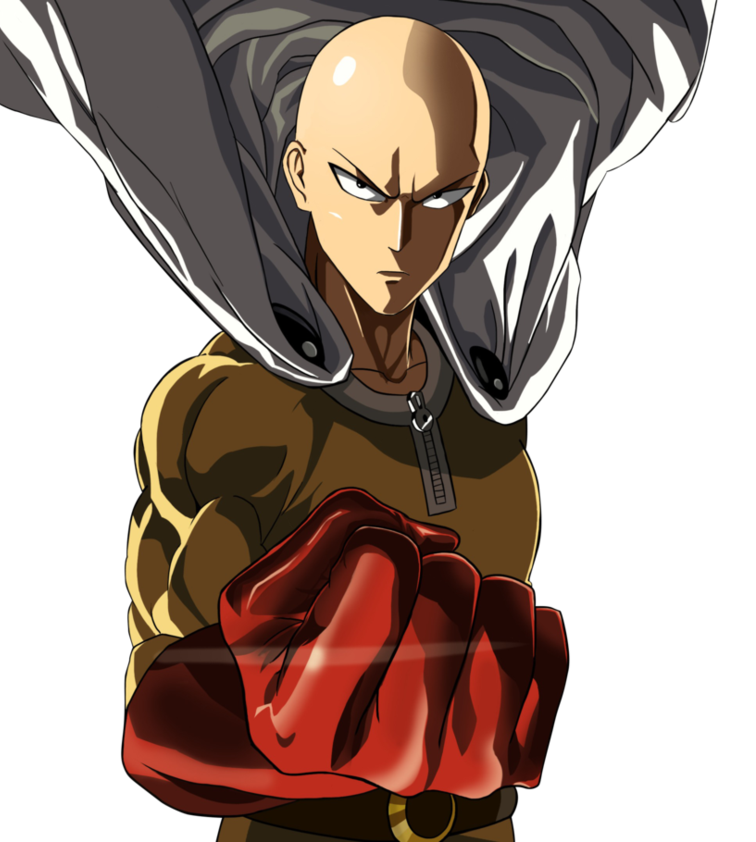Refer - The Indian Express
Enrich the answer from other sources, if the question demands.

IAS Parliament 5 years
KEY POINTS
· The decision to appoint a CDS is a huge step towards achieving seamless coordination and greater effectiveness in higher defence management structures by creating an enabling architecture that permits fuller expression on the part of our professional armed forces.
· The Kargil Review Committee’s report in 2000 and the Group of Ministers’ Report of 2001 had recommended that serious steps be taken towards integration of our armed forces.
· This is the first time in the history of independent India that a uniformed individual will head a government department. The CDS is not a ministerial position.
· He will be empowered under the Allocation of Business Rules to run his department. The highest form of supervisory mandate that can be delegated to him is at the level of a secretary.
· The key point is that the new CDS will be the head of a newly-minted Department of Military Affairs within the existing architecture of the Ministry of Defence, which already has four departments — Department of Defence, Department of Defence Production, Department of Ex-Servicemen Welfare and the DRDO.
· The CDS will also be a member of the Defence Planning Committee and the Defence Acquisition Council, besides functioning as the military adviser to the Nuclear Command Authority.
· The CDS will be dual-hatted. As the permanent chairman of the Chiefs of Staff Committee (COSC), the CDS will be expected to promote jointness and integration and be the principal military adviser to the raksha mantri.
· The idea of Integrated Battle Groups (IBGs) headed by major-generals is expected to do away with the traditional brigade command structure. The existing structure met the requirements of all contingencies in an older age when intelligence and information were not readily available in real-time.
· The Department of Military Affairs will not only synchronise the expertise and endeavours of the three services but also create harmony and integration between the military and civilian experts.
· The CDS, who will also be the permanent chairman COSC, will not exercise any operational command, including over the three service chiefs.
· The three service chiefs will continue to retain full command over their services, and give independent military advice to the raksha mantri on matters concerning their respective services.
· The CDS, in turn, will do what no service chief can do, that is, reconcile the viewpoints of all the three services. This feature will improve his ability to provide impartial advice since his service loyalties will no longer colour his advice.

Saitama 5 years
Please Review

IAS Parliament 5 years
Good attempt. Keep Writing.
Vicky 5 years
Please review. Thank you.

IAS Parliament 5 years
Good answer. Keep Writing.
Abhilasha 5 years
Please review.

IAS Parliament 5 years
Good attempt. Keep Writing.
Shivangi 5 years
Please review.

IAS Parliament 5 years
Good answer. Keep Writing.